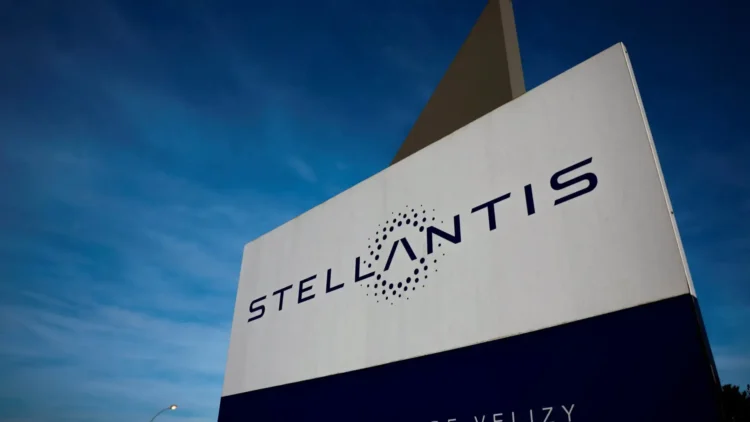The rapid rise of the electric vehicle (EV) sector in the automotive industry has led to many companies coming up with innovations and technologies. One such company is Stellantis, which recently unveiled a faster-charging, lighter, and more affordable battery known as the Intelligent Battery Integrated System (IBIS).
The new battery system is said to eliminate the need for a separate inverter and charger. Developed in partnership with Saft, a subsidiary of TotalEnergies, the IBIS technology is among the first of its kind. Stellantis noted that the battery offers significant weight and space savings while also being easier to service.

In conventional EV battery systems, an inverter is required to convert the battery’s direct current (DC) into alternating current (AC) to power the electric motor. During charging, the alternating current from the grid is converted back into DC for the battery. According to Stellantis, the IBIS system integrates these functions directly into the battery itself, using electronic control managed by 200 transistors. This innovation reduces vehicle weight by 40kg. frees up space by 17 litres, and shortens charging time by 15%.
Furthermore, it shortens charging time by 15% which is by an hour on a 7kW AC charger. Moreoever, the IBIS system is claimed to be 10% more efficient than current batteries of the same size. The IBIS system is currently being tested in a Peugeot E-3308 that is a built on the STLA Medium platform. According to the automaker, the battery system may enter production by the end of this decade.

As mentioned, there are many companies working on developing and upgrading battery systems. Just recently, Panasonic announced that it is aiming to develop a higher-density EV battery. On the other hand, Rimac has also unveiled a solid-state battery platform at the IAA Mobility.
(Source: Reuters, Stellantis Media)


